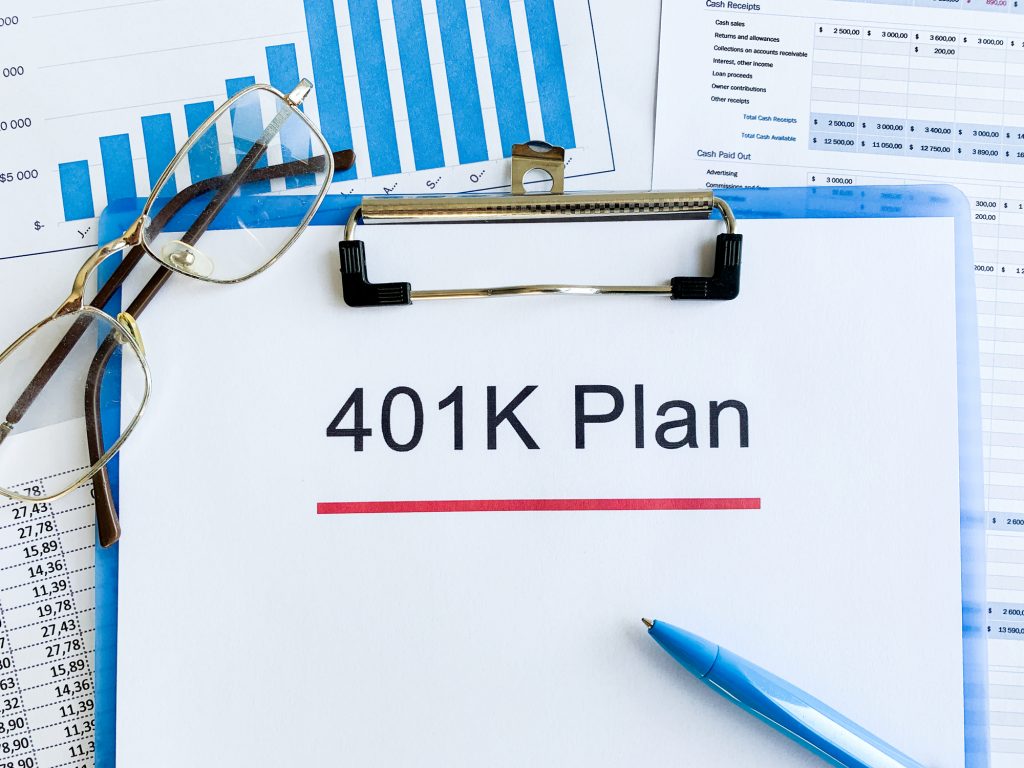 If you have a 401(k) plan, even one covering only you (“self-only 401k”), be sure that you are operating in accordance with government rules.
If you have a 401(k) plan, even one covering only you (“self-only 401k”), be sure that you are operating in accordance with government rules.
The failure to comply fully can result in penalties or, even worse, loss of plan qualification so that all benefits become immediately taxable.
The following is a checklist modified from an IRS’s 401(k) Plan Checklist that you can use to ensure you’re fine and have no worries about your plan.
|
Audit Questions |
Yes |
No |
| Have you reviewed your plan documents to make sure they’ve been updated for law changes? Do you even know where the documents are? If your plan is a “canned plan” from a financial institution, just question whether it’s been updated to reflect changes to hardship distribution rules and other recent law changes. | ||
| Are you operating your plan in accordance with your plan documents? For example, if you are allowing participants to take loans, does the plan document say this is permissible? | ||
| Are you timely crediting employee elective deferrals to their accounts? Are you timely making employer contributions where committed to do so? Under a DOL safe harbor for plans with no more than 100 participants, deposits are timely if made no later than 7 business days after these contributions are withheld from their pay. | ||
| Have you provided required notice for employee’s elective deferrals in 2020? Note that the new salary reduction amounts for 2020 are limited to $19,500 ($26,000 for those who will be at least 50 years old by the end of 2020). Notice must be given no earlier than 90 days and no later than 30 days before the start of the plan year (e.g., December 2, 2019, for a plan beginning on January 1, 2020). | ||
| If the plan makes loans, have you complied with loan requirements (e.g., caps on what can be borrowed; charging interest; requiring level payments over no more than five years (other than for the purchase of a home)? If a participant is in default, handle this correctly (e.g., allowed the participant to cure the default within limits; treated the default as a deemed distribution for which Form 1099-R is issued)? | ||
| Does your plan allow for hardship distributions? Have the new final regulations on hardship distributions been incorporated into the plan? | ||
| Have you timely filed IRS Form 5500 with the Employee Benefits Security Administration (ESBA)? Have you obtained a filing extension where necessary? If you haven’t filed, have you reviewed the DOL’s delinquent filing program to reduce penalties and come into compliance? | ||
| If you found any problems with your plan, have you reviewed the self-correction program from the IRS to fix them with little or no penalties? |
Final thought
If you checked “no” in any box, you may need to take corrective action now. Discuss your situation with your CPA and/or a benefits advisor.


